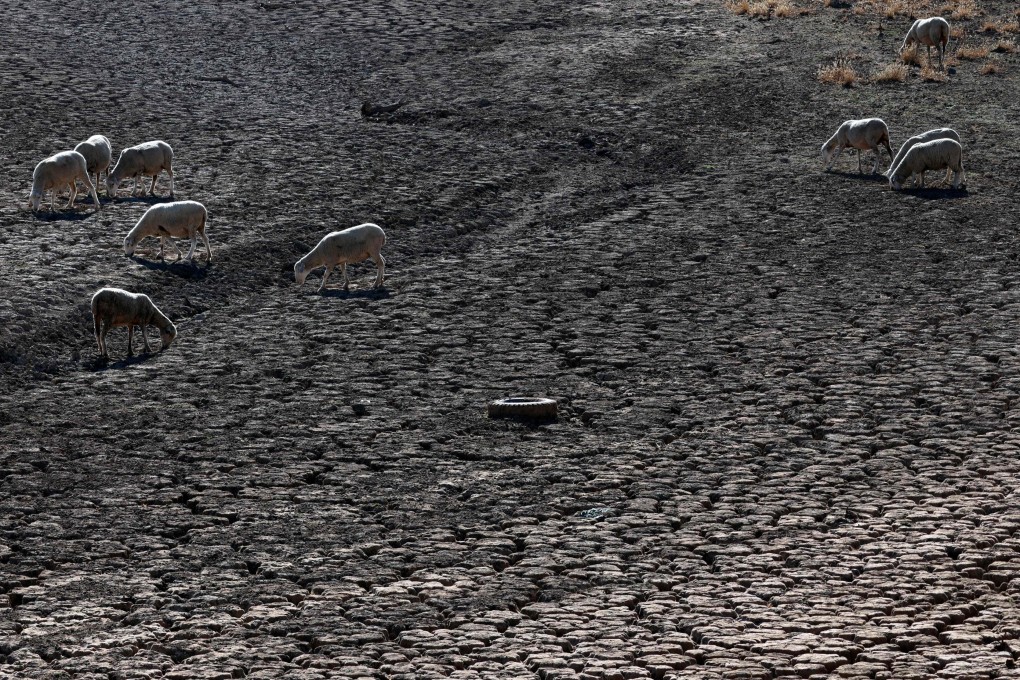Advertisement
Opinion | How a circular economy will let the world fight climate change and ensure growth
- The degrowth movement is gaining popularity, but neither people nor countries are ready to stop consuming in the name of the environment
- Instead, we can use the power of economic incentives to dramatically alter the type of growth going forward and still head off climate change
Reading Time:4 minutes
Why you can trust SCMP
1

It has been a long, hot summer in the northern hemisphere. While much of the world’s population is sweltering in historic heat, a new study shows that the Antarctica ice shelf is also melting far faster than previously thought. That should come as no surprise, considering the devastating effects atmospheric carbon is having on the planet.
The trapped heat is wreaking havoc, from changing weather patterns and heatwaves to collapsing ice sheets. The solution has been clear for some time – stop pumping so much carbon into the air from burning fossil fuels and, if the science and economics ever catch up, remove some of the carbon already there.
That alarming reality is the base of the degrowth movement – a radical economic model that seeks to suspend worsening climate change at any cost by reducing manufacturing and consumption and doing more with less. While it emerged in the 1970s, the idea was recently featured by the World Economic Forum and is gaining traction.
Advertisement
The real problem isn’t the amount of growth, though, but what kind of growth. Rather than try to convince people they have to dramatically alter their way of life, a regenerative approach can have the same or even greater effect in a shorter amount of time. Also known as a circular economy, the goal is to maximise efficiencies of production, reduce waste and environmental impacts and reuse as much as possible.
A small percentage of people, mostly in richer nations, might migrate towards the less-is-more appeal of degrowth. It promises clarity of purpose and the tidiness of a simpler life, much like the tiny house movement has done for living lightly in small places. If everyone consumed less, the reasoning goes, the world would be better off.
But the world can’t rely on personal restraint turning mainstream any time soon. Attempts by nations to impose a slower growth model and the loss of jobs that would entail would meet stiff political resistance.
Advertisement
Select Voice
Select Speed
1.00x
